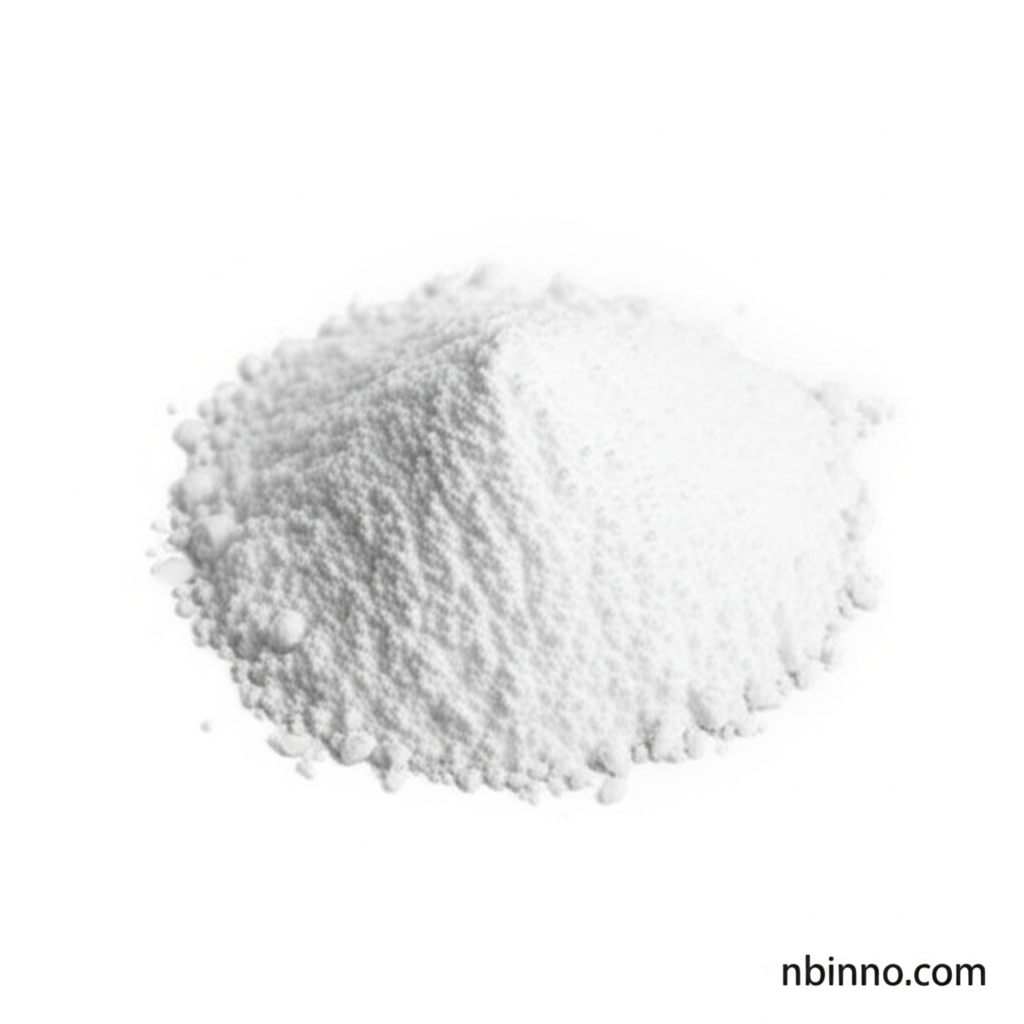Advanced Gefitinib Derivative C13: A Potent Inducer of Apoptosis for Cervical Cancer Treatment
Discover how compound c13 leverages the mitochondrial pathway to combat cervical cancer, offering new hope in targeted therapy.
Get a Quote & SampleProduct Core Value

Gefitinib derivative c13
This research highlights the significant anti-cancer efficacy of compound c13, a novel gefitinib derivative, against Hela cervical cancer cells. It effectively inhibits cell proliferation, induces cell cycle arrest at the G2/M phase, and promotes apoptosis. Mechanistic investigations confirm its role in activating the mitochondrial pathway for apoptosis by modulating the Bax/Bcl-2 ratio and key effector caspases, positioning it as a promising therapeutic agent.
- Compound c13 demonstrates superior anti-cancer activity compared to gefitinib in Hela cells, with a lower IC50 value, showcasing its enhanced potency in targeting cervical cancer cells.
- By inducing cell cycle arrest at the G2/M phase, c13 effectively halts cancer cell division, contributing to its anti-proliferative effects.
- The derivative promotes apoptosis through the mitochondrial pathway, evidenced by an increased Bax/Bcl-2 ratio and activation of caspase 3 and PARP1 cleavage, key indicators of programmed cell death.
- This gefitinib derivative selectively targets cancer cells, exhibiting minimal toxicity to normal cells, which is crucial for developing safer and more effective cancer treatments.
Product Advantages
Enhanced Potency
Leveraging the gefitinib derivative anti-cancer Hela cells potential, compound c13 offers significantly improved efficacy over the parent drug in combating cervical cancer.
Targeted Apoptosis Induction
Through modulation of the mitochondrial pathway apoptosis, c13 effectively triggers programmed cell death in cancer cells, a critical mechanism for tumor elimination.
Selective Cytotoxicity
The compound exhibits remarkable selectivity, demonstrating potent effects against cancer cells while minimizing harm to healthy tissues, a key factor in modern drug development.
Key Applications
Cervical Cancer Research
Investigating the anti-cancer activity of gefitinib derivative apoptosis cervical cancer compounds like c13 is vital for developing new therapeutic strategies.
Pharmaceutical Development
As a promising pharmaceutical intermediate, c13's unique properties make it a valuable candidate for further development in targeted cancer therapies.
Oncology Drug Discovery
The study of compound c13 Hela cell viability sheds light on novel mechanisms of action that can inform future oncology drug discovery efforts.
Targeted Therapy Innovation
Understanding the precise action of c13 on the gefitinib cervical cancer treatment pathway opens avenues for innovative and more effective targeted therapies.
